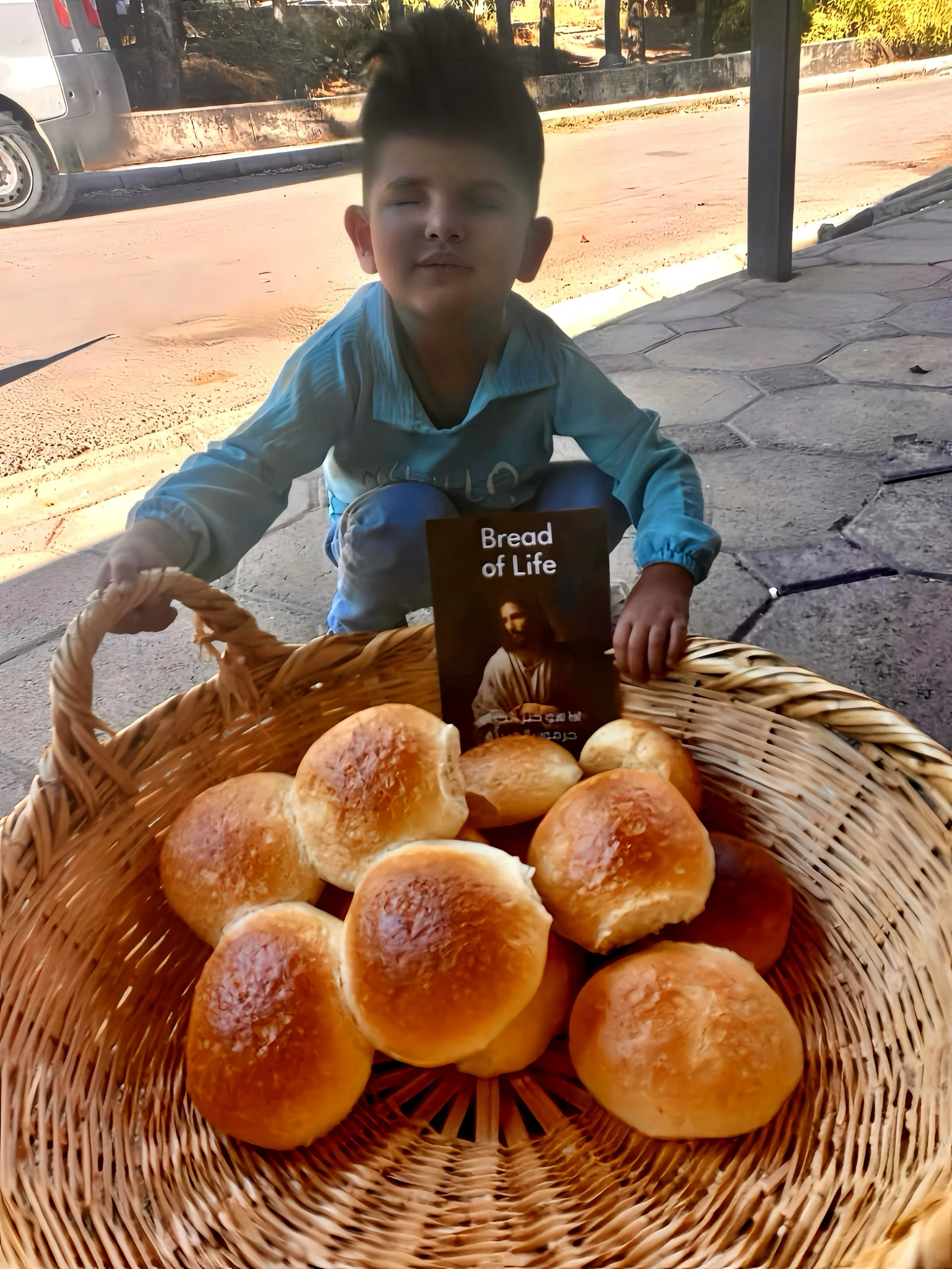Morocco
Arabic, various Berber languages, some French
172,410 sq mi
Area
Languages
Population
Religion
Approx. 36 million
99% Muslims; small Christian and Jewish minority
Life in Morocco
“Anyone who breaks the faith of a Muslim or converts him to a different religion will be punished with up to six months in prison.” This is Article 220 of the Moroccan law that punishes Christian mission work, falling away from Islam, and any usage of the Arabic Bible.
Morocco has been nearly 100% Muslim for more then 1,000 years and is known for difficult living conditions, grinding poverty, human rights abuses, and religious persecution. According to the U.S. State Department, as high as 30% of urban Moroccan males are unemployed.
Despite accusations against the Moroccan king for not being harsh enough against missionaries and Christians, Call of Hope Frontline Workers risk arrest and interrogation to reach the nation of Morocco with the Gospel message.
A Little History
Within 40 years of Muhammad's death in A.D. 632, Muslim Arabs conquered Morocco. Once an early epicenter of Christianity and a province of the Byzantine Empire, Morocco became part of the first Islamic Empire and served as the Muslim bridge to take West Africa. The original Moroccan Berbers resisted fiercely and were converted to Islam only at sword point. In 2012, Morocco instated an Islamist government. The state-run media focuses constantly on religion. Christianity is discredited and often wrongly portrayed. Many Moroccans question if this portrayal of Christians is realistic and search for truth. Those who convert, however, are forced to be cautious so they meet in discreet areas to worship and grow further in Christ.

Our Work in Morocco
For more than thirty years, Call of Hope has worked with indigenous co-workers in Morocco, operating a radio ministry that generates many listener responses each month, engaging in church planting, and providing Bible training and a safe-haven retreat house for Muslim-background believers.
Our strategic media ministry introduces Moroccan Muslims to Christ through Berber language radio programs, printed booklets in Arabic answering common Muslim questions about Christ, and praise music in the Berber language and musical style. All of these media elements are reinforced through personal evangelism and discipleship. Over a dozen house churches have been planted in Morocco, making it possible to connect seekers and new believers with church fellowships.
Call of Hope also operates retreat and training centers in Morocco with hundreds of Muslim-background believers visiting each year. A support system of Christians is critical, because many lose family support.
While providing Bible training, shutters are closed, and windows are made of sound-proof glass. Call of Hope has secured a second safe house in Morocco, as the first center in the south is more than a 10 hours one-way from converts in the north and too small for the growing number of Christians who need counseling, teaching, and fellowship.
Our work includes:
Connected 1,000 former Muslims to house churches
Correspondence with 1,300 Moroccan Muslims each year
Reaching three million Berbers each week with 52 radio programs.
Producing 1,000 copies of the first Berber Bible
Distributing 1,300 CDs of worship songs and Scripture
Printed 2,000 Gospel books for Muslim seekers
Connecting Bedouin children with Christian children in camps
Training and equipping house church leaders
Call of Hope Projects in Morocco
-
Call of Hope provides faith-based education to the nomadic, Berber children in rural Morocco through mobile tent schools.
-
Call of Hope is regularly broadcasting evangelistic content across Moroccan airwaves as well as information for corresponding with our co-workers for unanswered questions about Christ.
-
In the very same mobile tents and containers that we use to educate young children in need, families can also come to receive basic medical aid.
-
We distribute numerous evangelistic writings and books in over 40 languages, including the first Berber Bible, translated by Call of Hope. Our other literature addresses important fundamentals of the Christian faith.
Stories from the Frontline
SEE ALL













